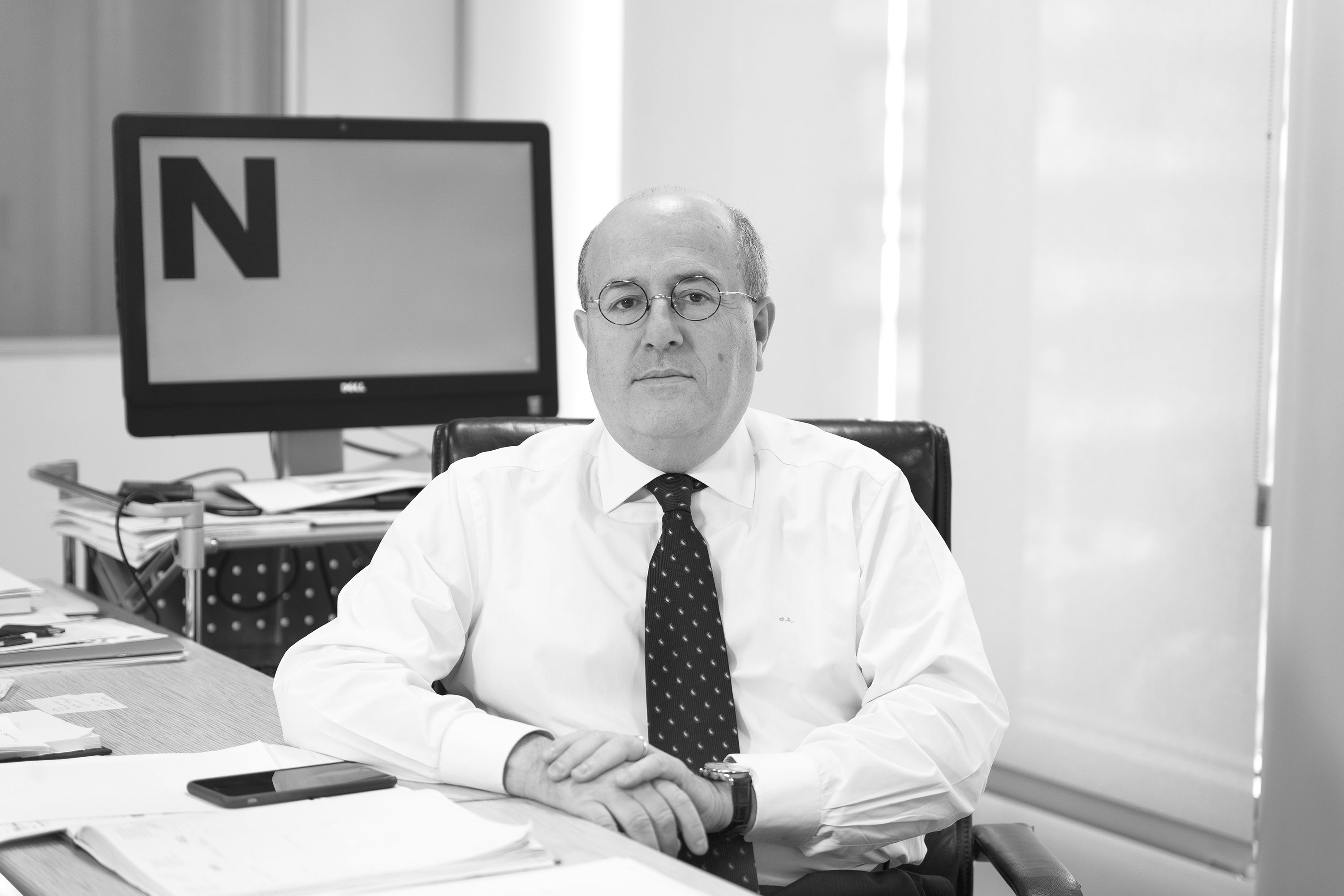Catalan pro-independence party PDeCAT is now officially heading towards the Crida Nacional per la República (National Call for the Republic). That's the main conclusion of the party's national conference held this weekend which has seen the party's previous general coordinator, Marta Pascal, pushed away from front line politics. Pascal has had to yield to the bid of president Carles Puigdemont's men and women, who threatened an alternative candidacy if she didn't give up on reelection. It's a curious party, PDeCAT. Born in July 2016 with a colossal row with the grassroots over the attempts of the old guard from CDC to hold on to power -the result of which being Pascal's election- and it is self-immolating two years later with another internal row, on the way to the movement Puigdemont will lead together with president Torra and with the former president of the ANC and parliamentary deputy Jordi Sànchez.
PDeCAT's conference hasn't been a bed of roses for anyone. Obviously, it hasn't been one for the losers, represented by Pascal. But nor has it been one for the winners, who have seen their ability to impose their decisions on the grassroots tightly limited. An example of this is that the ministers who have supported Puigdemont and who were acting in coordination with the political prisoners from the party in Lladoners haven't manged to lift a strict rule on incompatibility to enter the party's executive. They've won the conference, sure, but not every battle on the way.
Puigdemont's victory means his number two, David Bonvehí, rises to the presidency who will be on the ticket alongside vice-president Míriam Nogueras, a rising star who should be key to the reconfiguration of the parliamentary subgroup in the Congress, today in the hands of Carles Campuzano and Jordi Xuclà. Nogueras is a Congress deputy and her promotion would be quite the message for Pedro Sánchez's Spanish government, logically used to dealing with the veterans Campuzano and Xuclà.
Although at the end of the conference all the main players voted for unity and an effort to lower the tensions of the three days, it's not certain that the internal climate will improve greatly in the short term. The wounds between the contenders are deep, greater than could have been thought at the start of the conference. The path of its members and activists towards the Crida Nacional per la República seems clear. Puigdemont's movement arrives with an inclusive and cross-spectrum vocation, a difficult aspiration, and ERC and CUP aren't going to make it easy for them. Its official start this autumn will be just before municipal elections, an true ordeal for all political organisations.

